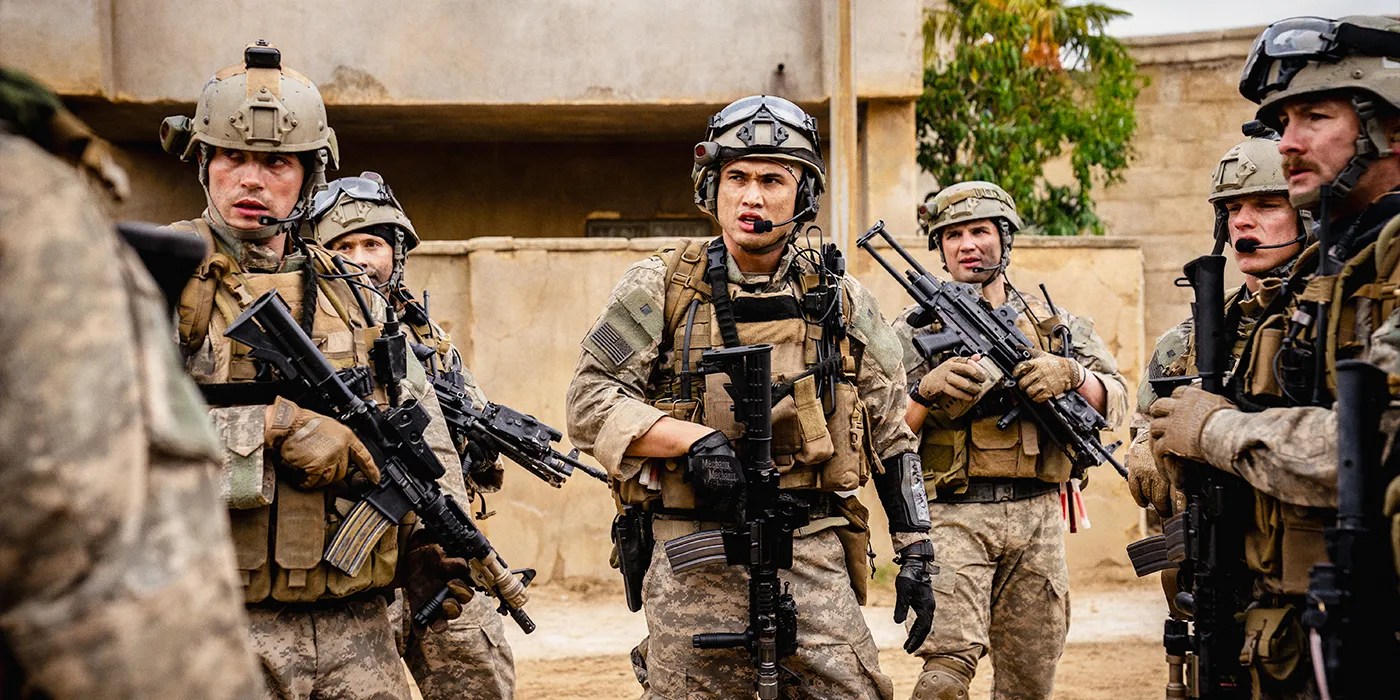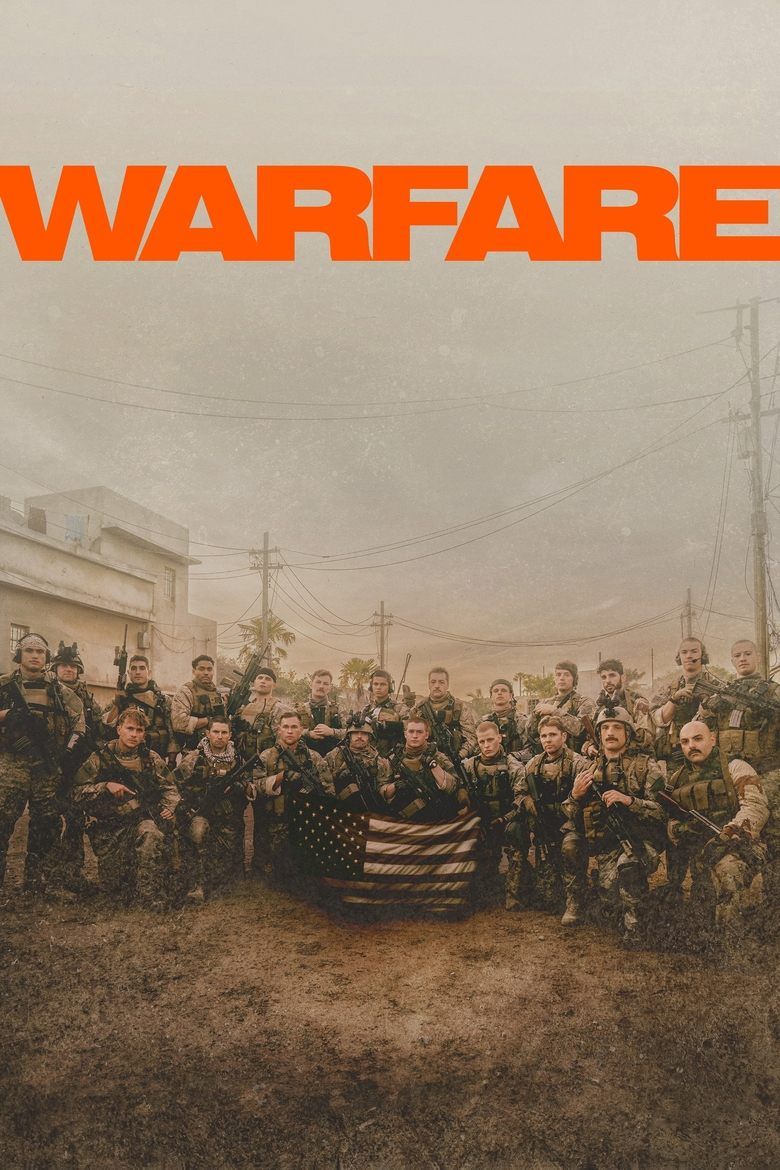Alex Garland’s A24 Military Movie ‘Warfare’ Is Even More Shockingly Accurate Than You Might Think
Editor’s note: The following contains spoilers for ‘Warfare’
When watching a new war film by Alex Garland, prepare to be white-knuckling your seat rests. While the themes and politics (or lack thereof) in Garland’s previous war film, Civil War, divided audiences, everyone agreed that Garland’s chops as a visually dynamic genre director and creator of visceral set pieces are unmatched. The writer-director has returned with another gritty war thriller, this time co-directed by former Navy SEAL, Ray Mendoza, depicting a real war from the past rather than a fictitious internal conflict in the impending not-so-distant future. Warfare, set in a single location during the Iraq War in 2006, evokes war movies of the past that pride themselves on their shocking, no-frills authenticity that dares to make viewers uneasy over the horrors of combat. While familiar on paper, Garland and Mendoza’s hook comes in its source material: the memory of the real veterans dramatized in the film. Like all memories, this claim is not entirely accurate.
‘Warfare’ Blends Gritty Filmmaking With Recalled Memories
The film, starring some of the brightest young male stars in Hollywood, including Joseph Quinn, Charles Melton, Will Poulter, Cosmo Jarvis, and Michael Gandolfini, marketed itself as a raw evocation of the Iraq War pulled right from the minds of real soldiers, quite literally, as all the events were based on the memories of the dramatized figures. In a Q&A with the two directors, Garland said the historical account of the film, aside from a handful of photographs of the building where the story takes place, was primarily based on interviews with the soldiers. The project “began with Ray…just unloading everything he could remember,” Garland said, who continued obtaining testimony from other SEALs on that day with Mendoza.
Adapting memories, rather than the traditional route of buying the rights to a nonfiction bestseller, is a bold approach, but it’s one Garland was trained for. In a move that would’ve alienated most authors, Garland chose not to re-read Annihilation when filming his 2018 adaptation of the novel and instead used his memories of the book in his first read. This decision was radical, but logical, as that film required a haunted, dreamlike tone. Warfare, however, is anything but a fantasy. Garland’s use of handheld close-ups and the decision to confine the story within a fixed setting blurs the line between narrative and documentary film.
The paradox between Garland’s gritty, cinéma vérité style and the film’s research stemming from abstract memories elevates Warfare from your typical war drama. There are no abstractions in the film, and the characters only talk about their mission. Discussions about life back home are replaced by the shoe leather usually stripped away in war movies, including the specific discussions about tactics featuring military jargon. For veterans who grew numb to the shellshock of war, the usual horrors amplified in war movies would feel like a mirage, and the only things they would remember are the minutia of being on the battlefield because war eats away at your individuality and humanity.
The Inaccuracy of Memories in ‘Warfare’
Basing your film off other people’s recollections of past events allows for more creative liberties than any book or pre-existing publication. Memories, years removed from the point of recollection, become distorted. There is a reason why eyewitness testimony is viewed as unreliable in criminal investigations and the court of law, as our memories are not picture-perfect accounts of the truth. As a result, Garland admitted that the film’s claim of being based on memories is a “complicated thing.” While acknowledging that their evidence is affected by the passage of time and the unshakable trauma of combat, Garland and Mendoza used the soldiers’ scattered memories to forensically recreate the layout of the house.
One key element of Warfare almost didn’t manifest due to the directors’ steadfast investigative approach. Early in the film, while the platoon searches for a temporary headquarters, they find a two-story building with a brick wall separating the two floors at the top of the staircase. Claiming their territory, they break down the wall with a sledgehammer and terrify the residing Iraqi family. As bizarre as this instance would be for the soldiers on the ground, none of the interviewees had any recollection of that moment, and it was only when Garland spoke to another source who corroborated this story that the scene was added to the film.
Warfare‘s claim of being entirely based on memories should be taken with a grain of salt, as the ephemeral nature of memories prevents them from being the backbone of a feature film. Alex Garland and Ray Mendoza aimed for emotional authenticity, which is the only thing historically credible about our memories.




